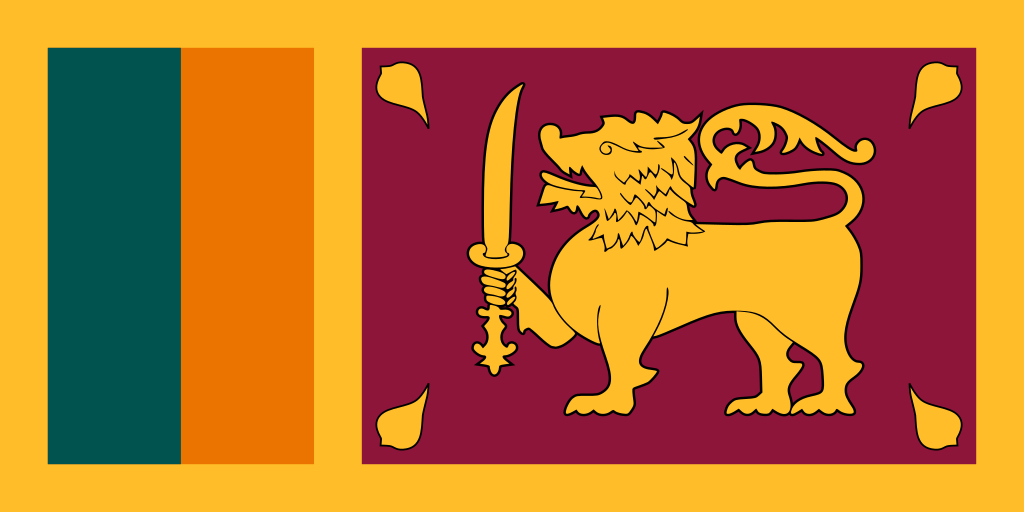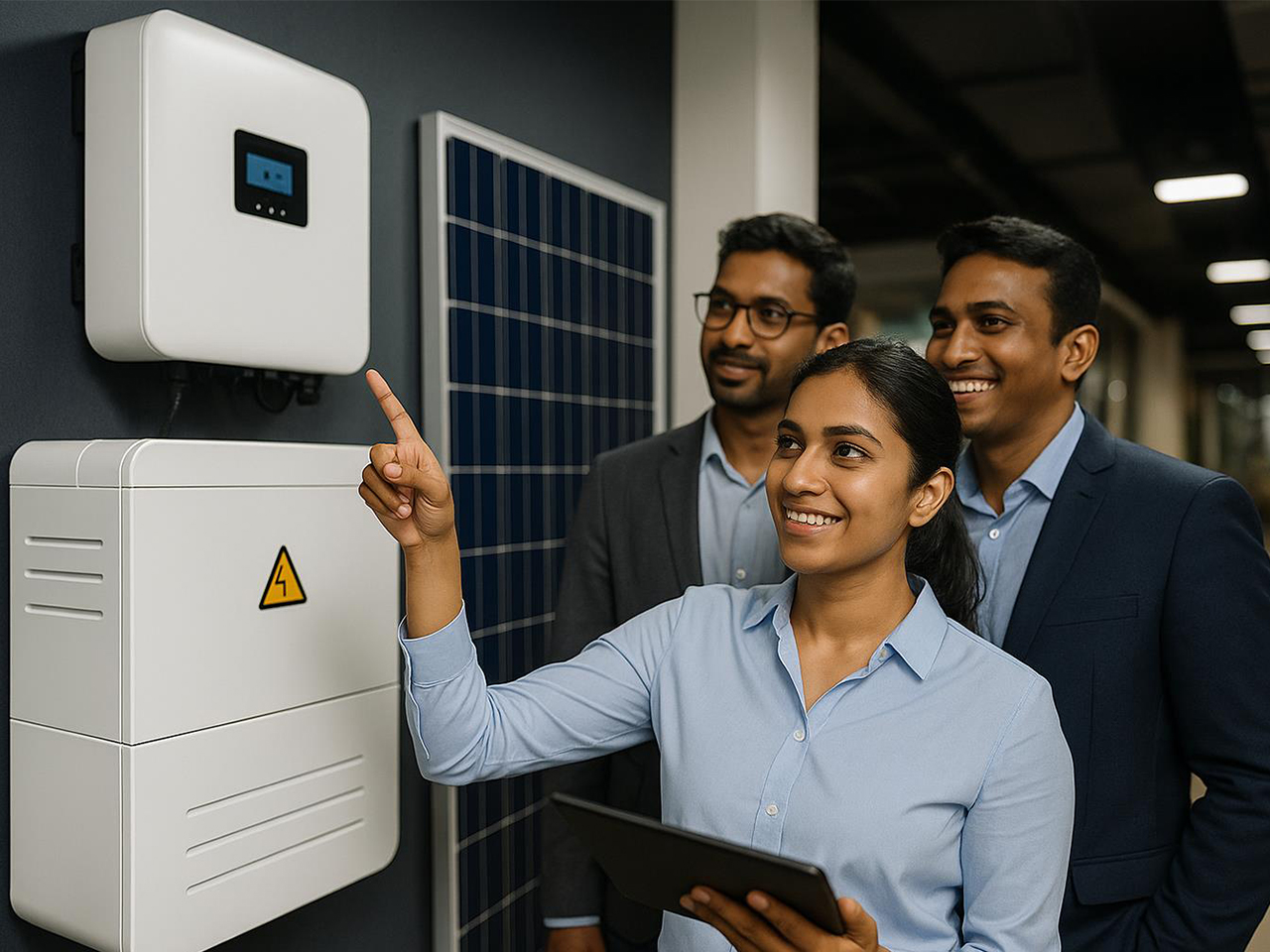As Sri Lanka continues to embrace renewable energy, the role of Energy Storage Systems (ESS) has become increasingly important in achieving energy security, grid stability, and sustainable development. While solar and wind energy are now more accessible and widespread, their intermittent nature presents challenges that ESS can help solve.
This article explores what ESS is, why it’s relevant for Sri Lanka, and how businesses and homeowners can benefit from integrating storage into their energy systems.

⚡ What is an Energy Storage System (ESS)?
An Energy Storage System (ESS) stores excess electrical energy—generated from renewable sources like solar or wind—for later use. ESS helps balance electricity supply and demand, improves power quality, and ensures uninterrupted power during outages.
Common technologies include:
- Lithium-ion batteries (most widely used today)
- Lead-acid batteries
- Flow batteries
- Flywheels and thermal storage (emerging)

🇱🇰 Why ESS Matters for Sri Lanka
Sri Lanka is targeting 70% renewable energy by 2030, but faces challenges like power instability, fuel shortages, and rising electricity costs. Here’s where ESS makes a difference:
1. Grid Stability with Renewables
With more rooftop solar systems feeding the national grid, maintaining voltage and frequency stability becomes complex. ESS smooths these fluctuations and supports grid reliability.
2. Reduced Dependency on Fossil Fuels
By storing clean energy during off-peak periods and using it during peak demand, ESS reduces the country’s reliance on imported diesel and coal—cutting both costs and emissions.
3. Backup Power for Homes and Businesses
With frequent blackouts and power cuts, ESS paired with solar PV offers uninterrupted power for homes, offices, data centers, and critical infrastructure.
4. Energy Independence
Consumers can optimize self-consumption, reduce dependency on the grid, and protect themselves from rising electricity tariffs.

🏢 Applications of ESS in Sri Lanka
| Sector | Benefits |
| Residential | Backup power, reduced bills, greater solar self-use |
| Commercial & Industrial | Peak shaving, power reliability, reduced diesel genset use |
| Healthcare & Data Centers | Mission-critical uptime |
| Utility-scale | Grid balancing, frequency regulation, load shifting |

🌱 ESS and Net Metering in Sri Lanka
ESS complements solar power under Net Metering, Net Accounting, and Net Plus schemes. For example:
- Net Metering + ESS: Store excess energy instead of exporting all to the grid.
- Net Plus + ESS: Sell all generated energy while using stored power during grid downtime.
Though not yet incentivized formally under Sri Lankan regulations, growing interest and rising electricity rates are making ESS adoption more attractive—especially for commercial clients.

🔧 Challenges to Address
Despite the advantages, ESS adoption in Sri Lanka is still in its early stages due to:
- High upfront costs (although prices are falling)
- Limited policy support or subsidies
- Import restrictions on batteries or inverters
As government policies evolve, ESS is expected to play a key role in national energy strategy.

🔍 Why Choose Blueskye for Your ESS Needs?
As a multidisciplinary solutions provider, Blueskye offers turnkey renewable energy and ESS integration, including:
- Over three decades of experience in the industry.
- Proven technical expertise.
- System design and engineering
- High-quality lithium battery solutions
- Solar + Storage packages
- Custom commercial and industrial installations
- Remote monitoring and maintenance
Our goal is to help homes and businesses transition toward energy independence, cost-efficiency, and sustainability.

🔗 Useful Resources





